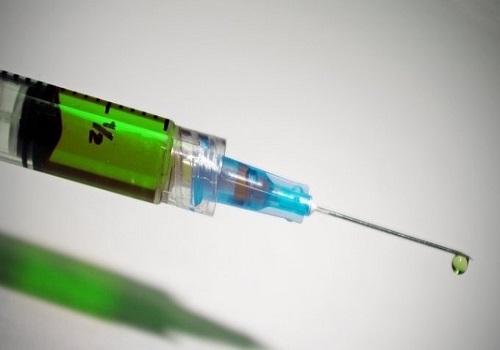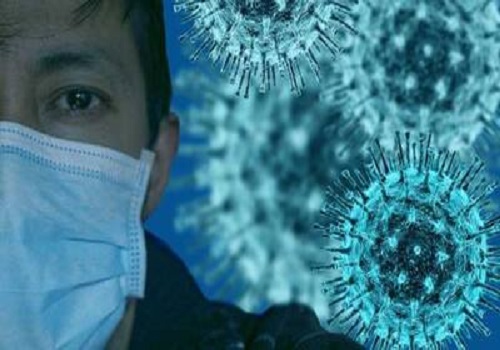New 'inverse vax' offers hope for arthritis, Type-1 diabetes

Follow us Now on Telegram ! Get daily 10 - 12 important updates on Business, Finance and Investment. Join our Telegram Channel
A new type of vaccine that does not shut down the immune system has shown promise in the lab to completely reverse autoimmune diseases like arthritis, multiple sclerosis, Type-1 diabetes, and Crohn's disease.
A typical vaccine teaches the human immune system to recognise a virus or bacteria as an enemy that should be attacked. Currently autoimmune diseases are generally treated with drugs that broadly shut down the immune system.
The new "inverse vaccine", developed by researchers at the University of Chicago, does just the opposite: it removes the immune system's memory of one molecule.
While such immune memory erasure would be unwanted for infectious diseases, it can stop autoimmune reactions like those seen in multiple sclerosis, Type I diabetes, rheumatoid arthritis or Crohn's disease, in which the immune system attacks a person's healthy tissues.
The inverse vaccine, described in the journal Nature Biomedical Engineering, takes advantage of how the liver naturally marks molecules from broken-down cells with "do not attack" flags to prevent autoimmune reactions to cells that die by natural processes.
"In the past, we showed that we could use this approach to prevent autoimmunity," said lead author Jeffrey Hubbell, Professor in Tissue Engineering from the varsity’s Pritzker School of Molecular Engineering (PME).
"But what is so exciting about this work is that we have shown that we can treat diseases like multiple sclerosis after there is already ongoing inflammation, which is more useful in a real-world context," he added.
The human body has a mechanism for ensuring that immune reactions don't occur in response to every damaged cell in the body -- a phenomenon known as peripheral immune tolerance and carried out in the liver. The team discovered in recent years that tagging molecules with a sugar known as N-acetylgalactosamine (pGal) could mimic this process, sending the molecules to the liver where tolerance to them develops.
"The idea is that we can attach any molecule we want to pGal and it will teach the immune system to tolerate it," explained Hubbell.
"Rather than rev up immunity as with a vaccine, we can tamp it down in a very specific way with an inverse vaccine."
In the new study, the researchers focused on a multiple-sclerosis-like disease in which the immune system attacks myelin, leading to weakness and numbness, loss of vision and, eventually, mobility problems and paralysis.
The team linked myelin proteins to pGal and tested the effect of the new inverse vaccine. The immune system, they found, stopped attacking myelin, allowing nerves to function correctly again and reversing symptoms of disease in animals.
In a series of other experiments, the scientists showed that the same approach worked to minimise other ongoing immune reactions.
"These treatments can be very effective, but you're also blocking the immune responses necessary to fight off infections and so there are a lot of side effects," said Hubbell.
"If we could treat patients with an inverse vaccine instead, it could be much more specific and lead to fewer side effects."












 320-x-100_uti_gold.jpg" alt="Advertisement">
320-x-100_uti_gold.jpg" alt="Advertisement">








